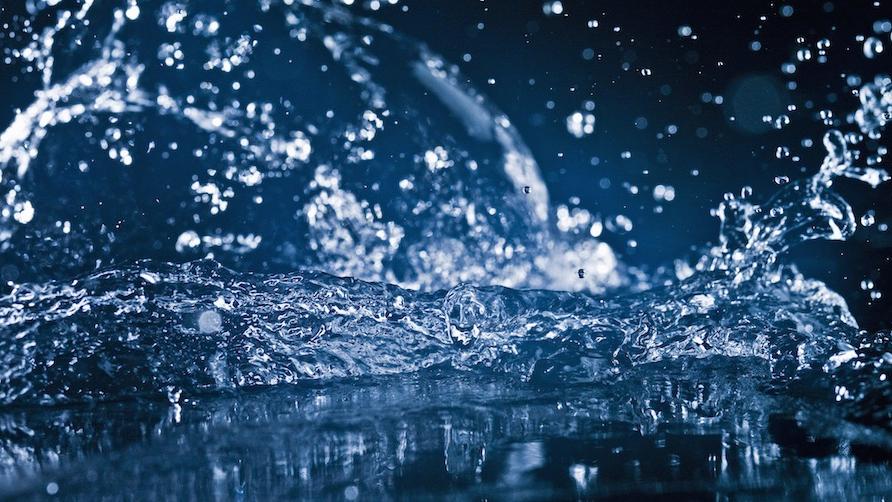Imagine a coin separator. You have the larger coins mixed with the smaller ones. You’re sifting the contraption so the dimes, the smallest coin, can go through the filters and be at the bottom.
Now imagine oil and grease contaminated water. To clean out this water, ZwitterCo, a Boston-based startup created in 2018, is using nanofiltration membranes, or really small filters, that work similar to a coin sorter, except they provide separation for contaminants in wastewater.
Alex Rappaport, co-founder and CEO of ZwitterCo, said companies that have a lot of wastewater usually put the water in large tanks and truck them away to facilities, or anaerobic digesters, because they can’t put the contaminated water down the drain.
“The cost to truck away oily greasy water is 20 to 50 times more expensive than if you were to just put that down the drain and pay the traditional municipal sewer rates,” Rappaport said.
Companies that put contaminated water down the drain could be hit with fines, because that water could lead to fatbergs, which are costing cities millions of dollars, Rappaport said. Google it—it looks gross.
So that is when ZwitterCo and the membranes come in.
“We reduce the amount of trucking that these groups have to do because we can do further refinement of the wastewater. So it goes into a big tank and then rather than going into a truck, it goes into our membrane systems,” Rappaport said.
Rappaport said the membrane filter allows companies to clean 80 to 90 percent of the waste water, which could be a hundred of thousands of gallons a day. So now, the company can put the water down the drain, which can cost pennies per gallon, and only truck away 10 to 20 percent of the water. This means that the company is then paying a fraction of the original cost.
In addition to the cost, ZwitterCo can help with the environment. Water would be recycled instead of thrown away, and it could decrease the amount of trucks on the road.
When Rappaport was completing his Masters in Innovation and Management at Tufts University, he came across this membrane technology. The membrane, which essentially looks like a sheet of paper with microscopic pores, that ZwitterCo commercialized is created by Dr. Ayse Asatekin, ZwitterCo senior technical adviser and an associate professor of chemical engineering at Tufts University.
The membrane, built from self-assembling zwitterionic polymers—the namesake of the company—is unique for few reasons. Let’s go back to the coin sorting metaphor.
The coin sorter, for it to be sustainable and a good one, has to be strong reusable—it can’t be a one time thing or it can’t be so weak where it breaks apart. It also has to be simple, it can’t be clogged by large coins like quarters that would prevent the dimes from going through, and it has to have uniform layers so it is precise.
Likewise, according to Rappaport, the membrane combats fouling, which is clogging with contaminants that block the membrane pores. The membrane is also easily cleanable—It can be rinsed with fresh water. In addition, the membrane has a uniform layer that helps with precise separation. It is also tolerant of chlorine and other harsh cleaning chemicals, and the membrane is simple and scalable.
“That’s kind of the secret sauce. [Dr. Asatekin] made a membrane that is able to perform in very challenging wastewaters at very low operating costs,” Rappaport said.
ZwitterCo, which has nine employees and is based at Greentown Labs in Somerville, is working on getting the product implemented.
“Our plan is to have systems in the field this year. So everything we’re doing right now is around product design and scaling,” Rappaport said. “We have customers that are ready to sign contracts. A bunch of things are lining up all at once.”
This year, ZwitterCo is part of the Imagine H2O's 2019 Accelerator Cohort, a year long accelerator program for emerging water innovators. Last year, the startup won the Tufts Gordon Institute’s annual $100K New Ventures Competition and was also awarded a Catalyst Water Challenge Grant by the Massachusetts Clean Energy Center.
